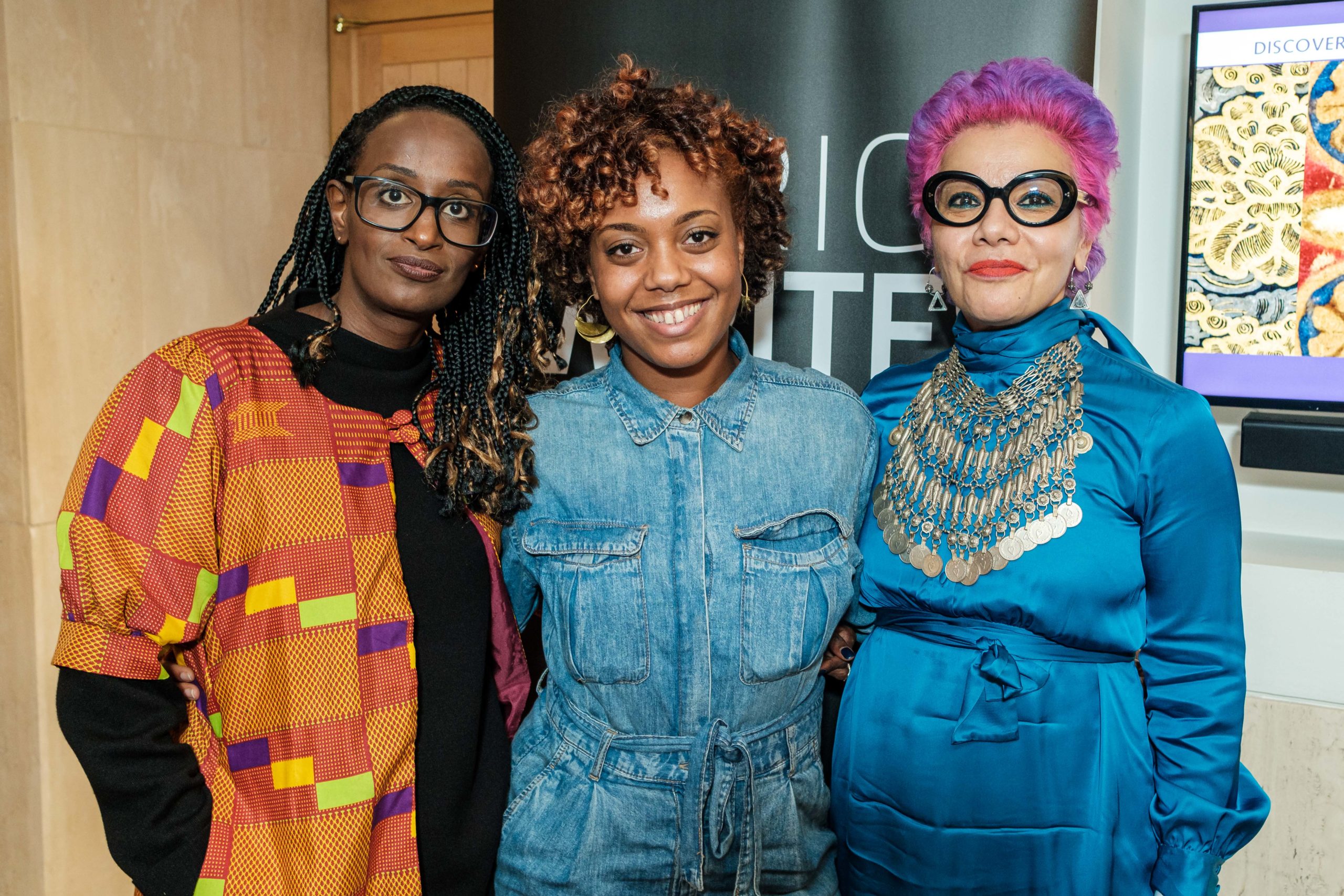
This year marks the 120th Anniversary of the Royal Africa Society and ten years of Africa Writes festivals. The inaugural festival was in 2012 at SOAS in Russell Square. Ever since, the British Library has staged this grand event, with just one exception. 2020 only allowed a cut-down program of streamed events. For 2021, we are back in the Knowledge Centre and at the British Library.
The festival has been running for the last three weeks, with most of the sessions streamed online. But the most exciting events—all in-person—were saved for the final weekend. On Saturday, Nana Darkoa Sekyiamah engaged in conversation about her new book The Sex Lives of African Women. The event was followed by All Our Names, an evening of poetry, dance and sound starring South African visual artist Sethembile Msezane and Jamaican poet Raymond Antrobus. But Sunday was always going to be the day for me. I’m here all day to celebrate a galaxy of African literary stars and to mingle with fellow readers and writers alike.
***
Session 1. Panel Discussion on Of This Our Country
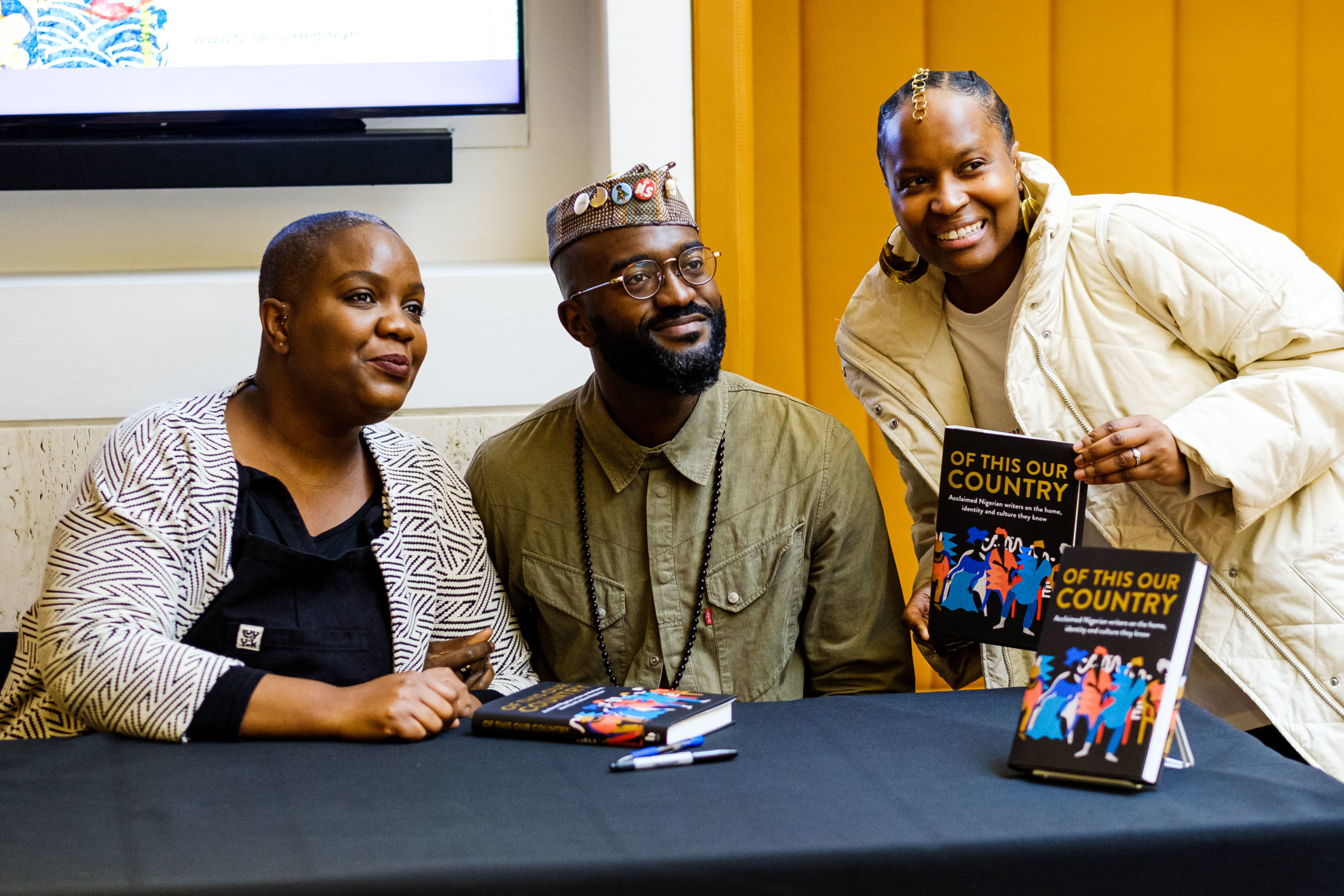
Of This Our Country is an anthology of 24 essays by acclaimed Nigerian authors about home, identity and culture.
Inua Ellams and Chikodili Emelumadu, who are both featured in the anthology, are here to give us their insights, with Bola Mosuro leading the discussion.
The anthology was published in September and responds to various contemporary issues such as COVID-19, the #EndSARS movement in Nigeria, the murder of George Floyd in the United States, and global support for the #BlackLivesMatter movement. Some essays go way back to pre-colonial days. Most of the featured writers imagine how Nigeria will develop in times to come.
Nigeria, we learn from the conversation, is full of contrasts. There is horror at the impacts of social division and political corruption. Inua reminds us of the days when people wishing to travel through protests and roadblocks needed to wave olive branches. Chikodili tells us that in Igbo culture, this is normally reserved for emotional rites of passage, especially funerals. But there is fire everywhere; the hostilities are global. There is nowhere safe for Nigerians to go, not even home.
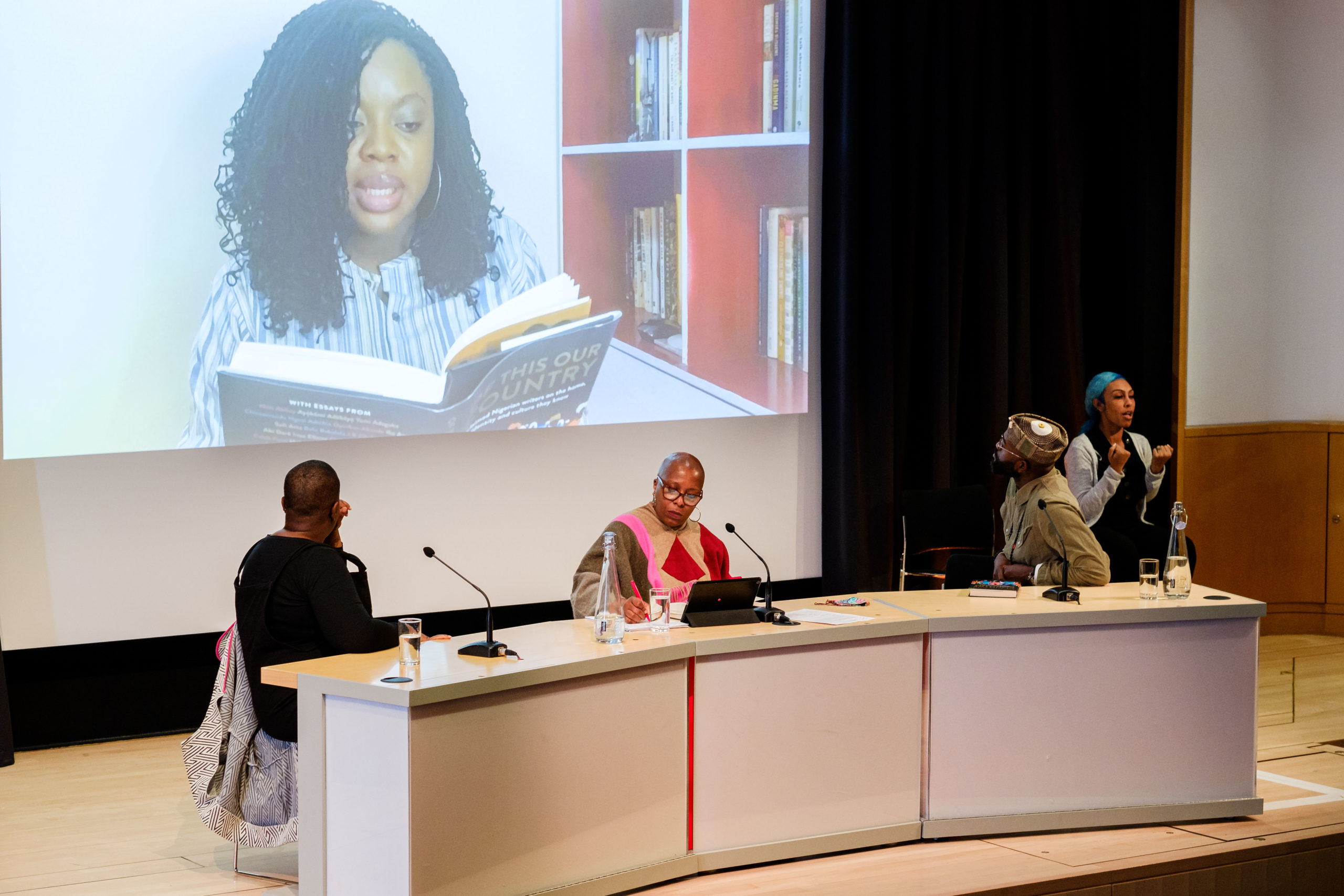
But there is also hope, swagger even, in a nation rich in optimism. Inua reads an extract from his dual strand piece combining fictional narrative and personal history, entitled A Brief History of Suya. He also tells us about his work as a dramatist, having recently adapted Chekhov’s Three Sisters, Biafran style, for the National Theatre, and Barber Shop Chronicles. Surprisingly, he also conducts midnight runs, leading fellow creative spirits on tours from dusk ‘til dawn in major cities in the UK, Italy, Australia and New Zealand. This is how he gets his greatest amount of fun.
Speculative fiction writer Chikodili Emelumadu reads from her essay, Life Is A Market Place, set in her home Anambra State. She has a passion for the ties and traditions that bind people together. At question time, when asked about how Nigeria might develop, Chikoldili states her conviction that the future will depend on strong female leadership. The patriarchal system has failed to date, and singing of the ‘fatherland’ in the national anthem is problematic.
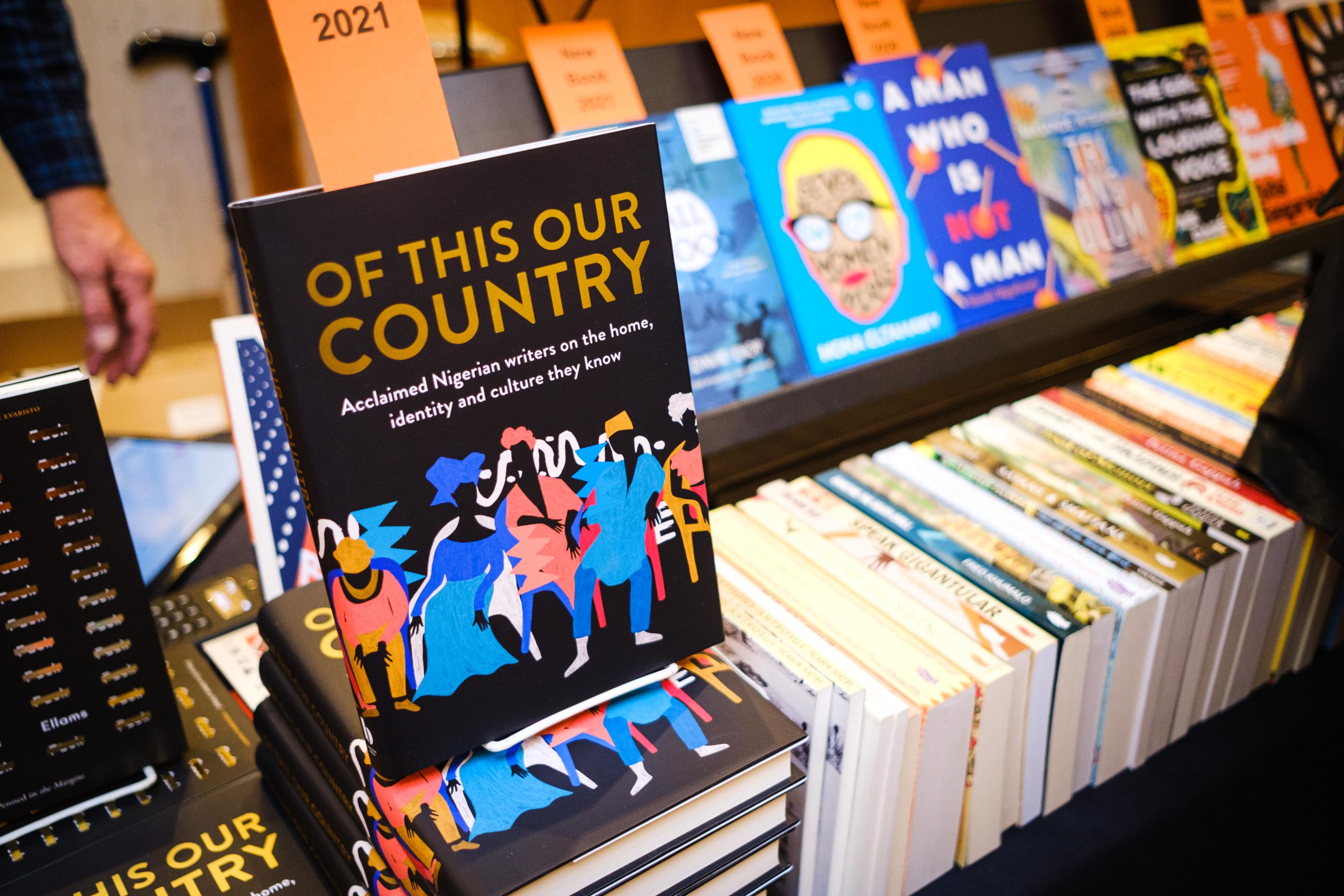
Videos recordings of a few authors are featured. Ayobami Adebayo leads with her essay titled Clarion Calls. Chigozie Obioma is another stand-out contributor for me. J K Chukwu is sharply critical of colonialism, white supremacy and white terrorism in her essay, though this doesn’t quite come across in her extract on screen.
After the session, I’m delighted to meet Inua and Chikodili and to have them add a little more content to my copy of the anthology.
***
Session 2. Panel Discussion on Wild Imperfections
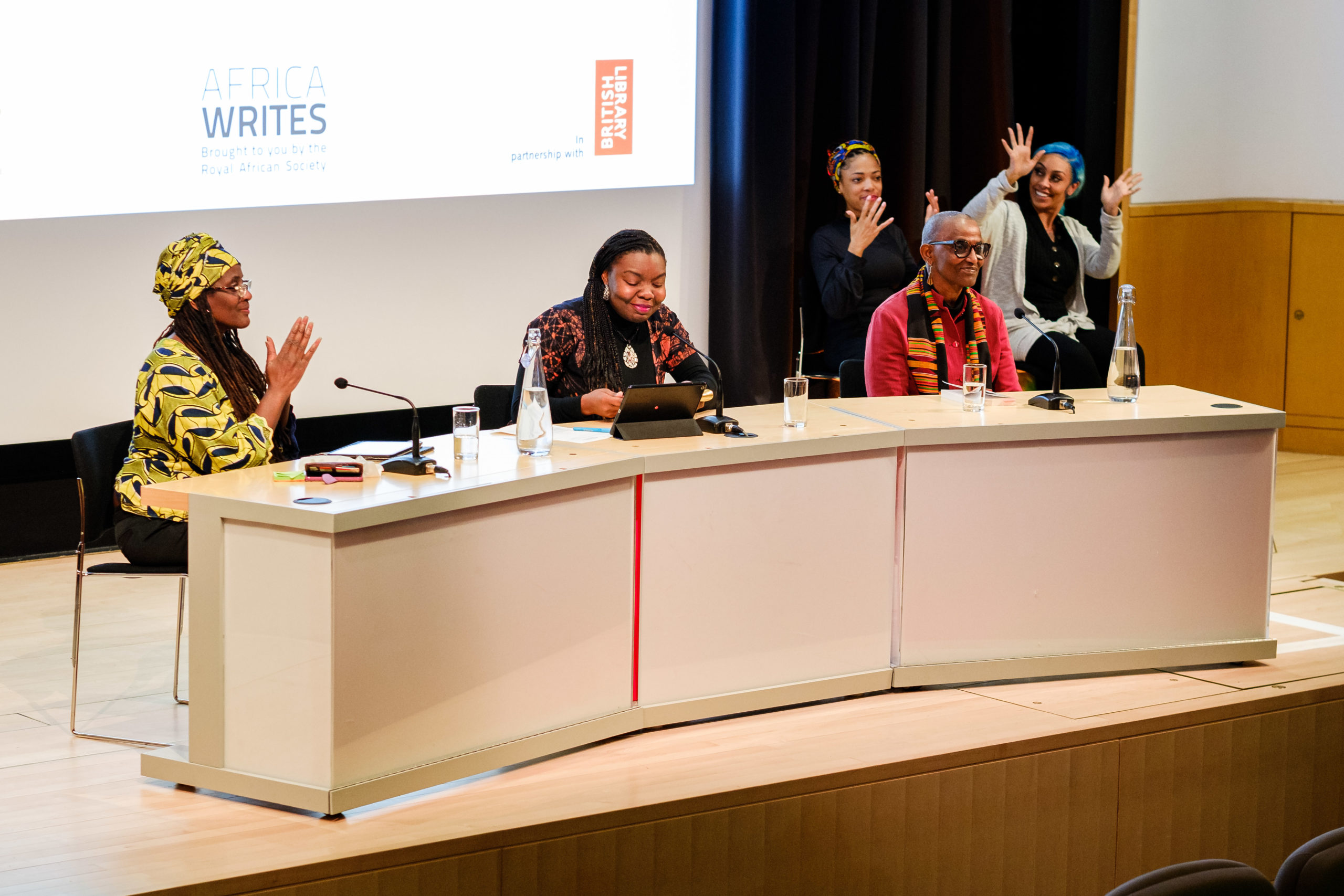
Wild Imperfections is a collection of womanist poems edited by Natalia Molebatsi and featuring 39 poets. Still to be published, this anthology was previewed recently in an episode of Brittle Paper’s We Turn to Books.
On stage now we have Kadija Sesay, Anni Domingo, and Tolu Agbelusi. All three are engaged in a wide range of creative disciplines. Kadija, a champion of Afro-poetry, has four poems in the collection and is an anthologist herself. She also writes short stories and edits Sable magazine. Anni is an actress as well as a poet and has recently published her first novel, Breaking the Mafia Chain. Her delight in being included in this anthology is heart-warming.
There is a broad range of themes in Wild Imperfections, notably honoring and remembrance of the living and the deceased. A poem by Nikki Giovanni in the anthology honors Rosa Parks. Sandra Bland is commemorated too. The anthology is in the same vein as Daughters of Africa and New Daughters of Africa, hence there is a celebration of historical and inspirational black women poets.
All the panelists agree that there are lots of benefits in being compilers of anthologies. This leads to greater connectivity and to learning more about fellow creatives. Archiving can also be a fun project as well as a work of tribute.
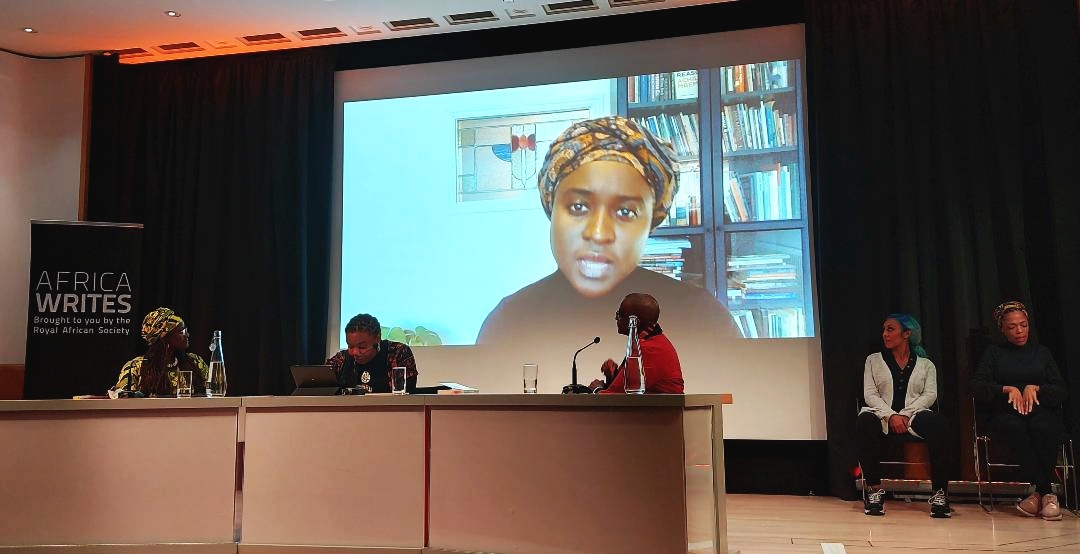
Once again, videos of readings by Olumide Popoola and TJ Dema are featured in the session. There is much shared appreciation here.
Cassava Press has made a generous offer to the first five hundred people who pre-order the book, which is due out in the UK in November 2021 and elsewhere in February 2022. The fortunate ones will have their names printed in the first edition. Though I suspect the five hundred may have come forward already.
***
Session 3. Dismantling the Patriarchy
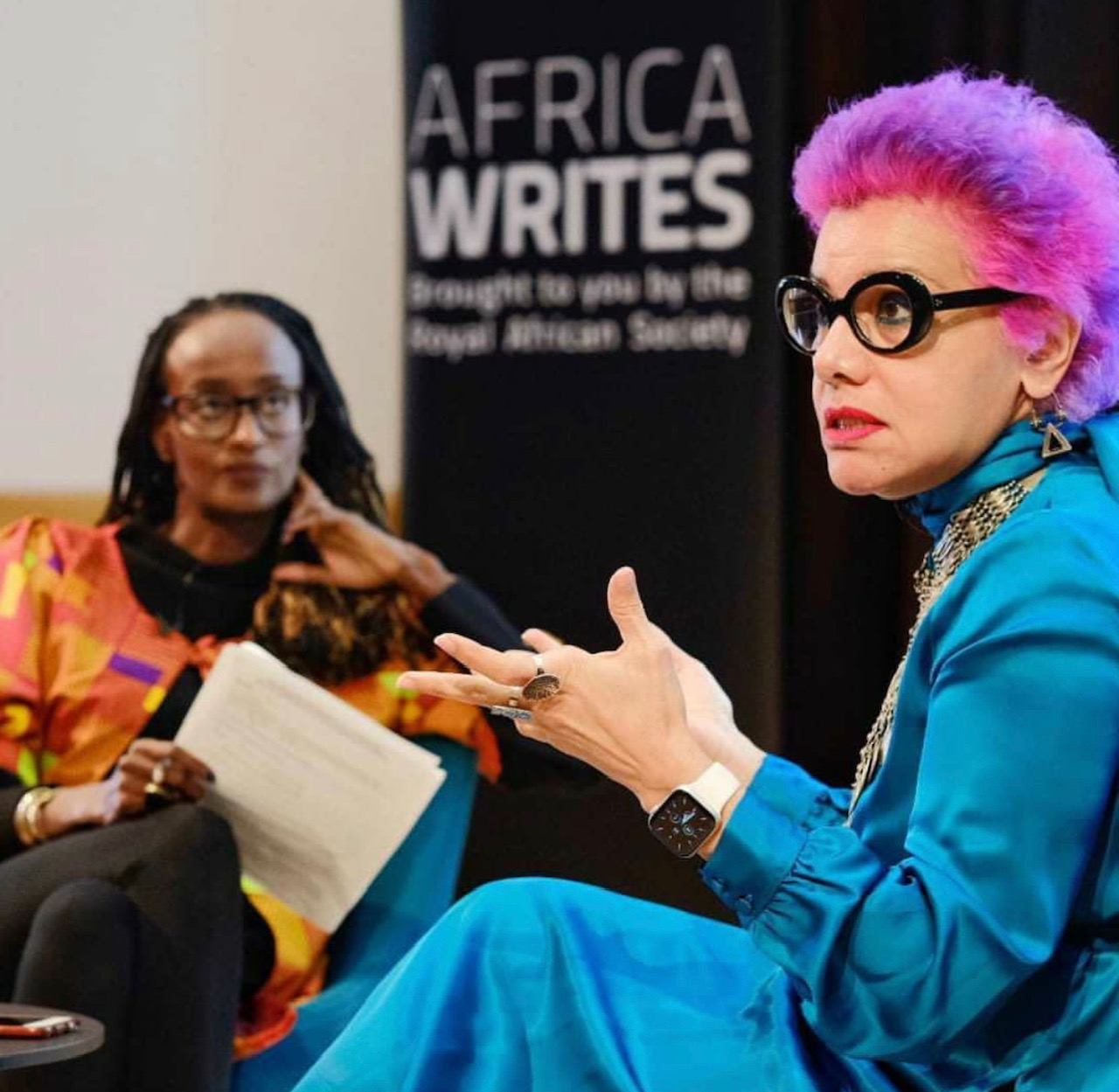
The conversation between Mona Eltahawy and Dr. Leyla Hussein is the grand finale of the festival. It’s pretty much a full house now and the atmosphere is electrifying. Mona and Leyla are almost in tears. This is their first event on stage since March 2020.
The night opens with Eltahawy’s declaration of faith “f@*&% the patriarchy,” a signature refrain of the radical feminist author that might seem shocking to some.
Mona explains that swearing is a reaction to women having been told by white men to be “civil.” And yet the men telling them this have been hateful and violent to women in order to maintain power and privilege. Mona loves the world, loves people and loves engaging, but she also embraces violence as a tactical response against patriarchal systems, which she argues are defined by violence. She talked about her experience as a victim of sexual assault by men on several occasions in her life, including one time when she was on a religious pilgrimage. Mona’s argument for a feminist approach that harnesses anger is radical and seems to resonate with the audience.
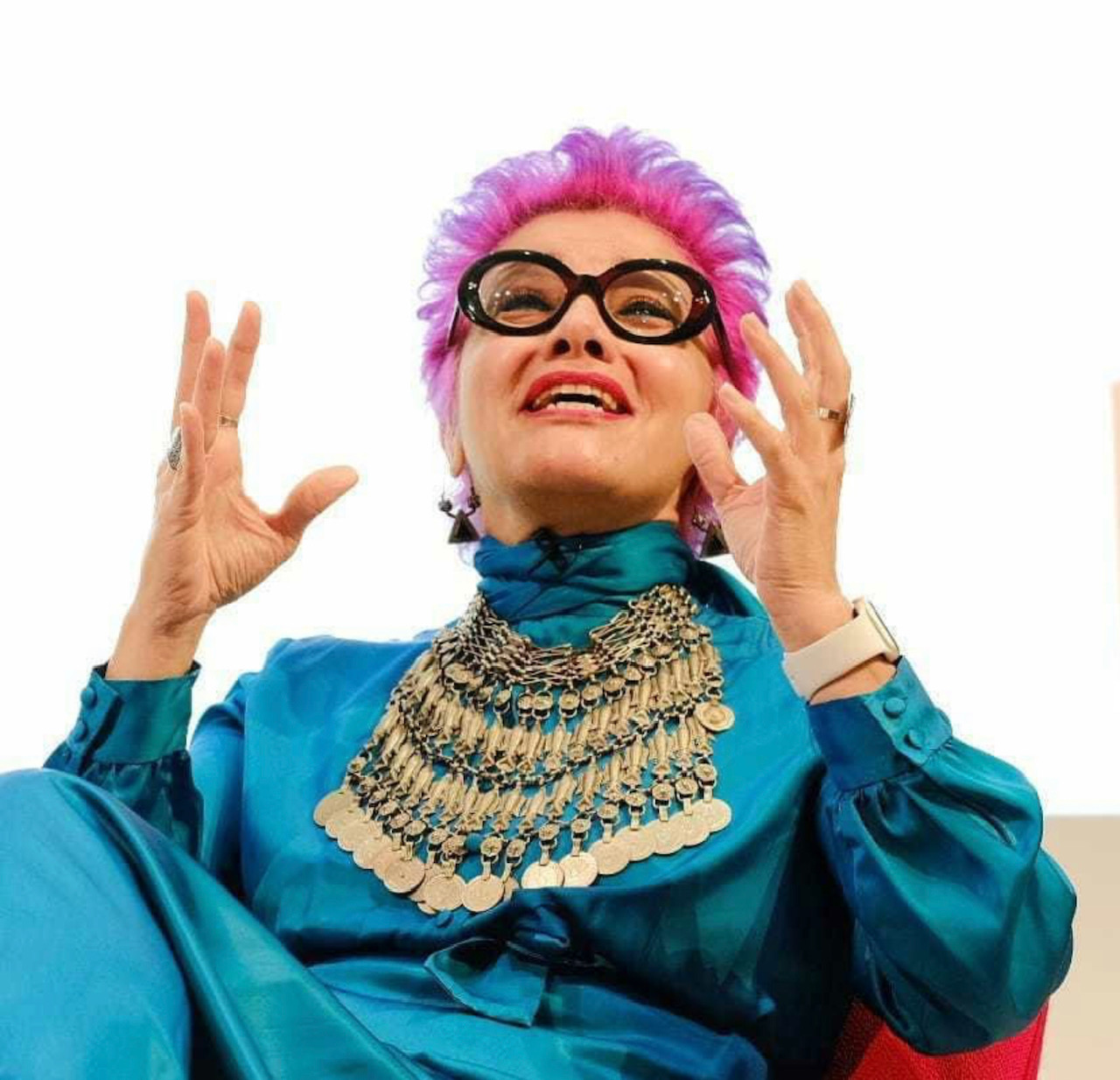
Next, Mona sets out exactly what the term patriarchy means.
“Patriarchy is not one man. It’s all around us. Like water to a fish.”
She extends the analogy to an octopus, with the head being patriarchy and the tentacles representing white supremacy, capitalism, transphobia and misogyny, and other forms of aggression. The tentacles ensnare all women, especially black women and women of color. They ensnare all the most vulnerable members of society, including vulnerable men. But, the key is to start with the black girl child and when she is free we are all free.
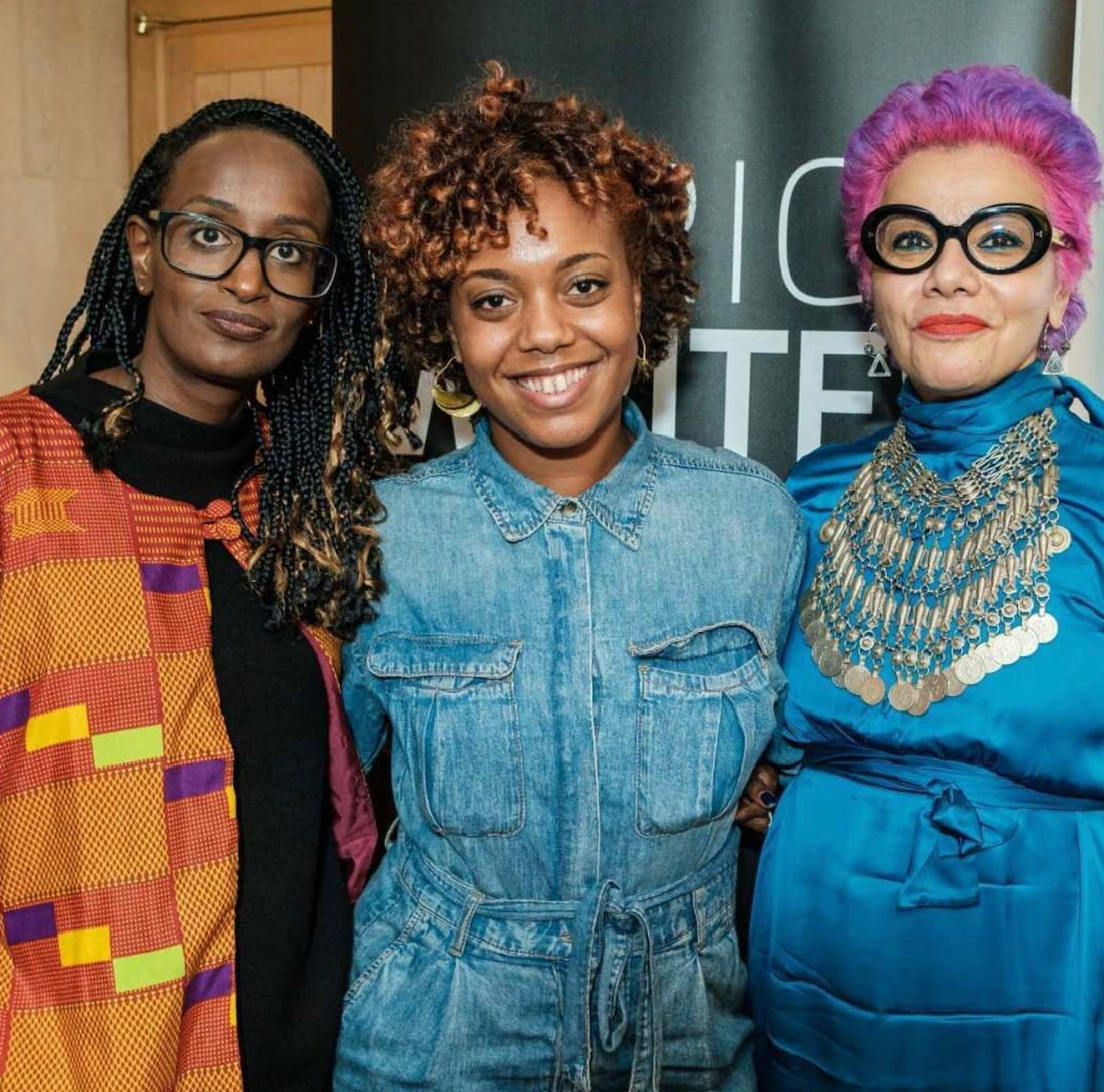
Eltahawy’s feminist approach rejects politics of respectability and protection. Women do not want protection from those who would try to abuse them. Women demand freedom, a freedom, which cannot be granted to them by men who are themselves not free.
By the end of the night, I’m shocked. Enlightened too. And inspired. And a bit more hopeful for a better world for all. Mona has brought the house down. And now all that remains is for the patriarchy to fall.
***
Final thoughts
The festival formally comes to a close with Arunma Oteh, the President of the Royal Africa Society, thanking everyone involved for staging such a wonderful event. This, for her, promises so much in terms of opportunities for the future.
We are all relieved to be at a live event again, sharing our love of African literature. Yet, alas, Africa Writes has switched to a biennial model now, so roll on 2023.
The festival may have ended formally, but immediately after the final words there is a scramble for Mona Eltahawy’s books and a lengthy queue develops for a personal exchange and an autograph. I know Mona likes hashtags, so I’ll leave everyone with this: #Starstruck.




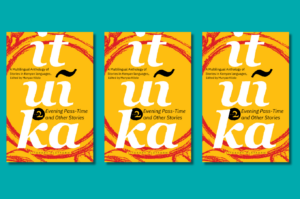



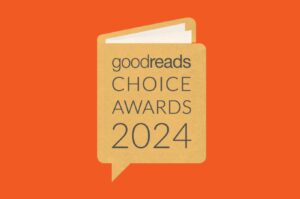

COMMENTS -
Reader Interactions